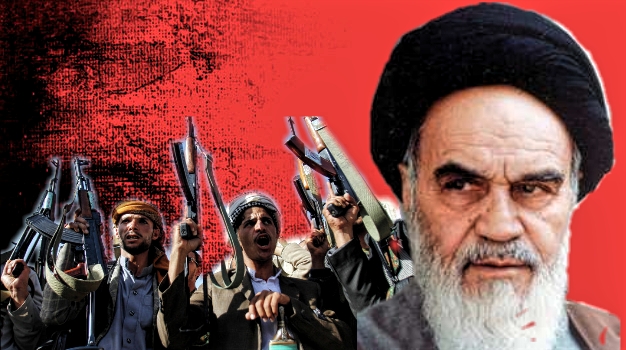Iran’s secret influence in Iraq exposed by leaked Iranian Intelligence reports
by Martin Chulov
Iraq’s current prime minister, Adel Abdul-Mahdi is described as having a “special relationship with Iran”
Iranian intelligence officers have co-opted much of the Iraqi government’s cabinet, infiltrated its military leadership, and even tapped into a network of sources once run by the CIA, leaked cables have revealed.
So prevalent is Iran in Iraq’s affairs that Iranian officers effectively have free rein across key institutions of state and are central to much of the country’s decision-making, according to the cables, which were passed to the Intercept and jointly published with the New York Times.
The intelligence haul largely reaffirms the widely known dominant role that Tehran has played inside the borders of its neighbour, but casts new light on how its agents operate and the extent to which each prime minister and cabinet member has been vetted to ensure they are serving the Islamic Republic’s interests.Advertisement
The cables, contained in 700 pages that both news organisations say have been verified, offer a snapshot of political life in Iraq in 2014-15, during the height of the Islamic State insurgency, when Iran stepped up its involvement in Iraq.
They reveal that Iran’s ministry of information and security, along with the Quds Force of the Revolutionary Guards, were the two main vehicles for Iran’s influence, identifying and running sources at the most senior levels of government, which kept the country pliant and aligned to Iran’s objectives.
Though more than four years old, the cables give a contemporary insight into Iraq’s current political fissures and a protest movement that is threatening the seat of power – in part inspired by resentment towards Iran’s role in the country.
Demonstrators have taken to the streets of Baghdad and southern towns for almost five weeks, railing at systemic corruption and the government’s deference to its neighbour. A violent crackdown over the past fortnight has been led by the Quds Force’s Gen Qassem Suleimani, who has been a prominent figure in Iraqi affairs for at least the past decade and features heavily in the cables.
A rivalry between the ministry of information and security and the Quds Force is spelled out with Suleimani seen in one dispatch as potentially using his uniquely powerful role in Iraq to prepare for a political career back home.
Suleimani’s presence and influence is peppered throughout the documents, helping lead a battle against Isis, coercing a then transport minister to allow Iranian planes to overfly Iraq with weapons bound for Syria, and spending regular time with government officials.
Iraq’s current prime minister, Adel Abdul-Mahdi, (who was oil minister at the time) is described as having a “special relationship with Iran”. Its former head of military intelligence, Hatem al-Maksusi, was reported in a cable to have told an Iranian intelligence official: “Tell them we are at their service.”
The documents were passed to the Intercept by an anonymous source whom the online publication says it has not since identified. Nevertheless, many of the people named have been contacted, and some offered staunch rebuttals of their reported remarks.
One cable focuses on an alleged former CIA source, whom the agency codenamed Donnie Brasco. It claims that when the American footprint in Iraq shrunk from 2011, the source approached an Iranian officer, and later revealed a network of operatives and safe houses. He says he was paid $3,000 (£2,300) a month for his services, and given $20,000 and a car when he finished working with the Americans. The Iranians also gave him a codename; it was “Source 134992”.
Martin Chulov is a Middle-east Correspondent for The Guardian.
Article first published in The Guardian.



